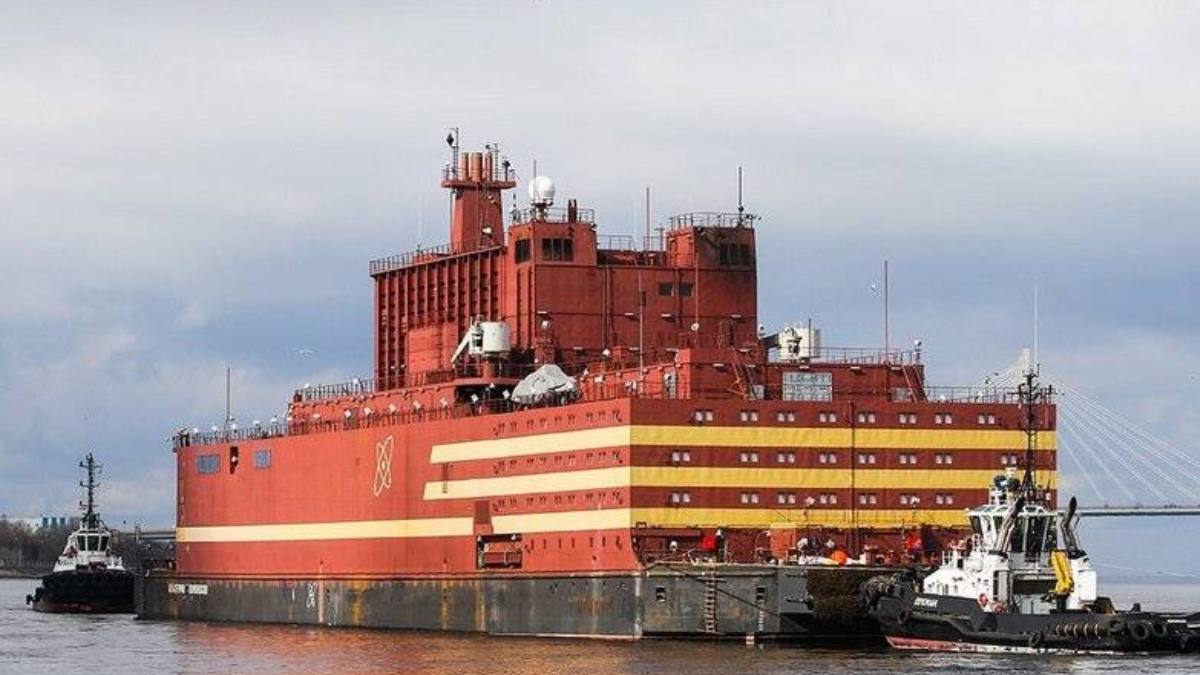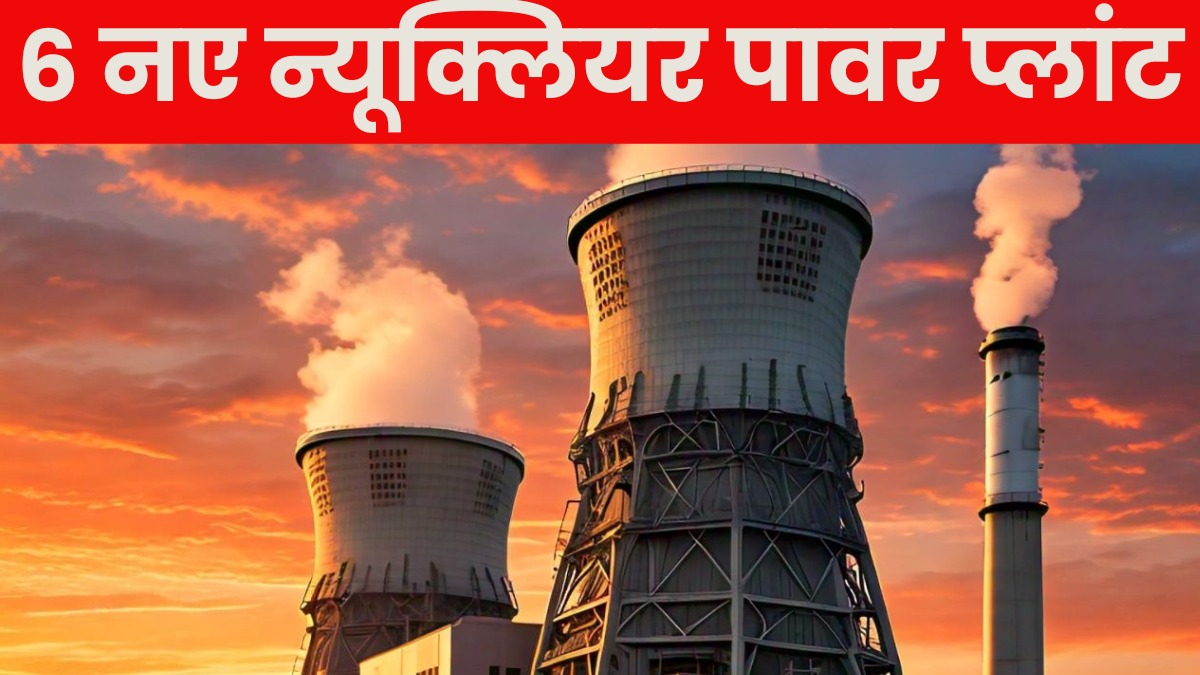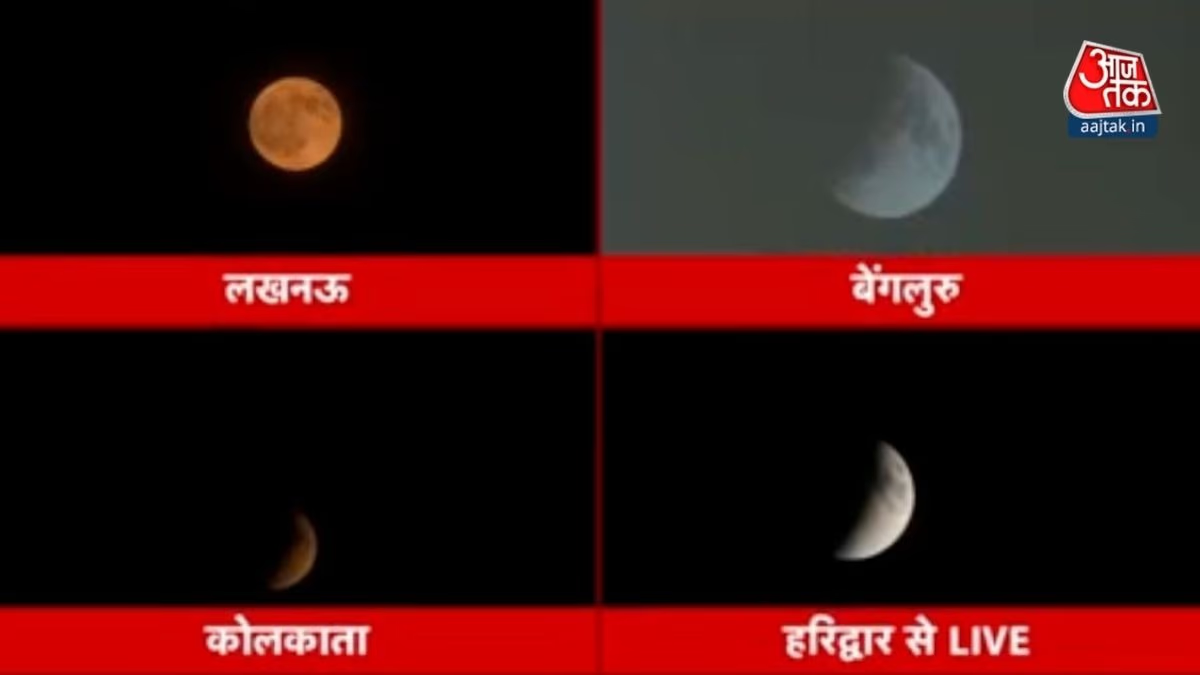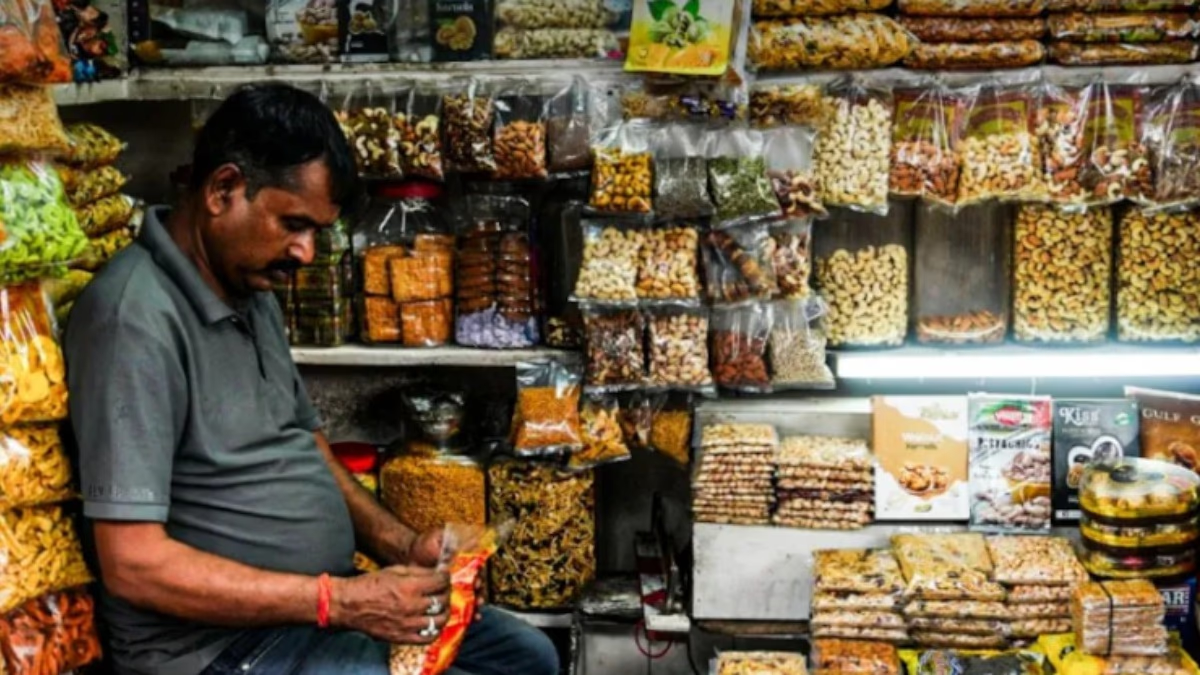During Prime Minister Narendra Modi's two-day trip to Russia, New Delhi and Moscow signed nine agreements spanning trade, energy, climate, and research, heralding major joint projects. Notably, talks included plans for six new nuclear power plants in India with Russia's aid. Rosatom, the Russian atomic energy agency, will lend its expertise in constructing these nuclear facilities. It's worth mentioning that Rosatom has previously assisted India with the Kudankulam Nuclear Power Plant (KKNPP) project.
Prime Minister Narendra Modi and Russian President Vladimir Putin held cordial dialogue over tea at the Kremlin during Modi's visit, with subsequent comprehensive bilateral discussions. Rosatom offered to help build six new nuclear power stations in India, and the Russian Direct Investment Fund signed deals with India in pharmaceuticals, shipbuilding, and education.
Russia's second-largest bank has also engaged with India to facilitate smoother transaction flows as trade between the two nations flourishes. Rosatom's statement revealed ongoing discussions about collaboration in unexplored territories, such as the construction of six more high-power nuclear units designed by Russia on a new site, enhancing cooperation in the realm of nuclear energy.
Currently, Russia is the only country boasting a floating nuclear power station. Mounted on the Akademik Lomonosov ship, it supplies power to Pevek, a northern Arctic port town in Russia. No other country has yet managed to develop such technology, which can deliver uninterrupted power to remote areas and islands at sea.

Source: aajtak
Rosatom and India are further discussing the development of the Northern Sea Route's transit capabilities, a maritime path that stretches from near Norway's border at Murmansk to the Bering Strait, adjacent to Alaska. This route is immensely crucial for the shipping of Russian oil, coal, and liquefied natural gas. Russia aims to elevate cargo transport through the Northern Sea Route to 150 million metric tons by 2030, a significant increase from this year's 80 million.
The Kudankulam Nuclear Power Plant (NPP), India's largest nuclear station found in the Tamil Nadu region, is a product of India-Russia collaboration. The initial phase of the construction started two decades ago, but faced delays due to local resistance. Operated by Rosatom and the Nuclear Power Corporation of India Ltd. (NPCIL), the plant aims to produce 6 GW of electricity once all six reactors are live, making it India's significant producer of nuclear energy. The plant's reactors are considered among the world's safest.
Construction for units 3 and 4 began in February 2016 and is ongoing. Despite earlier protests, the Supreme Court ruled in favor of the project in May 2013, acknowledging its contribution to the wider public interest and underscoring its importance for the national energy mix.




